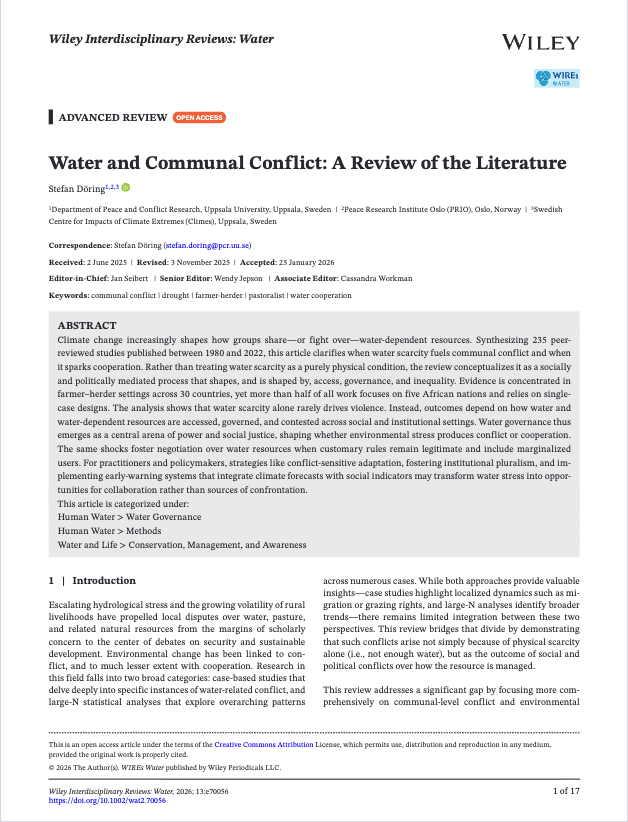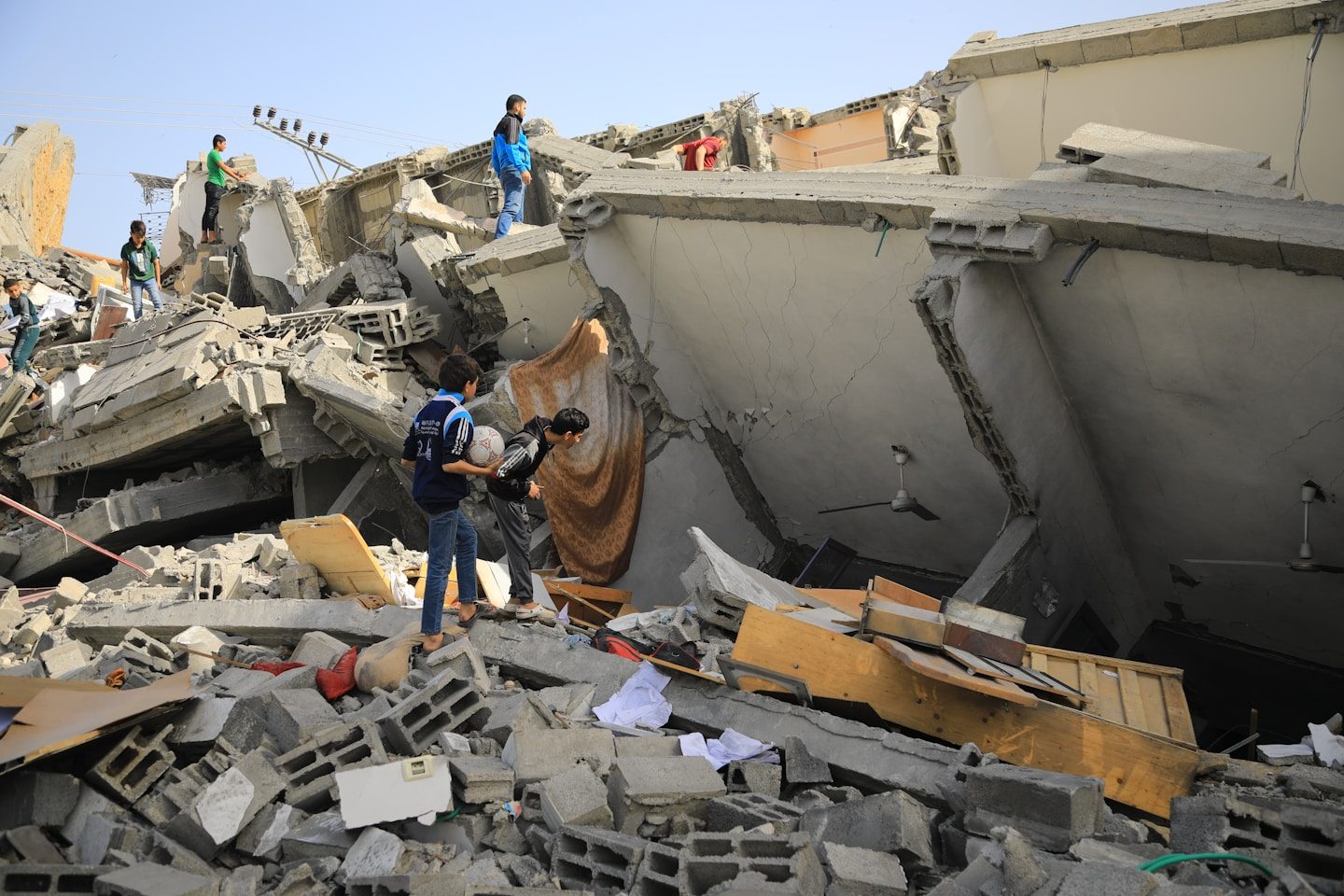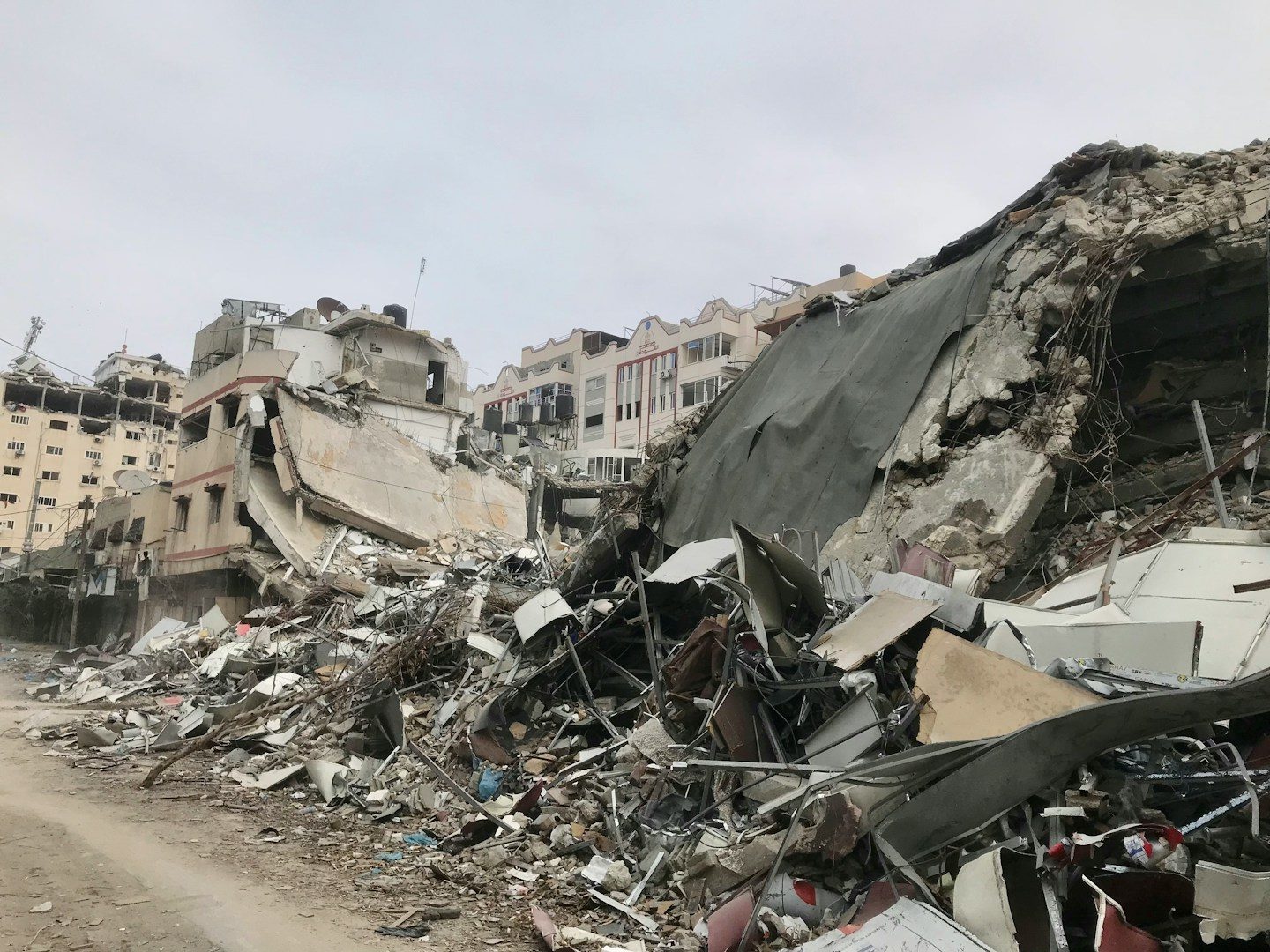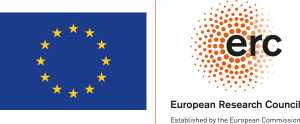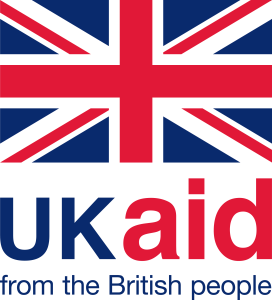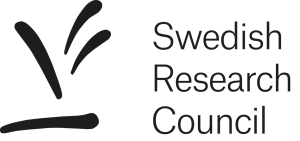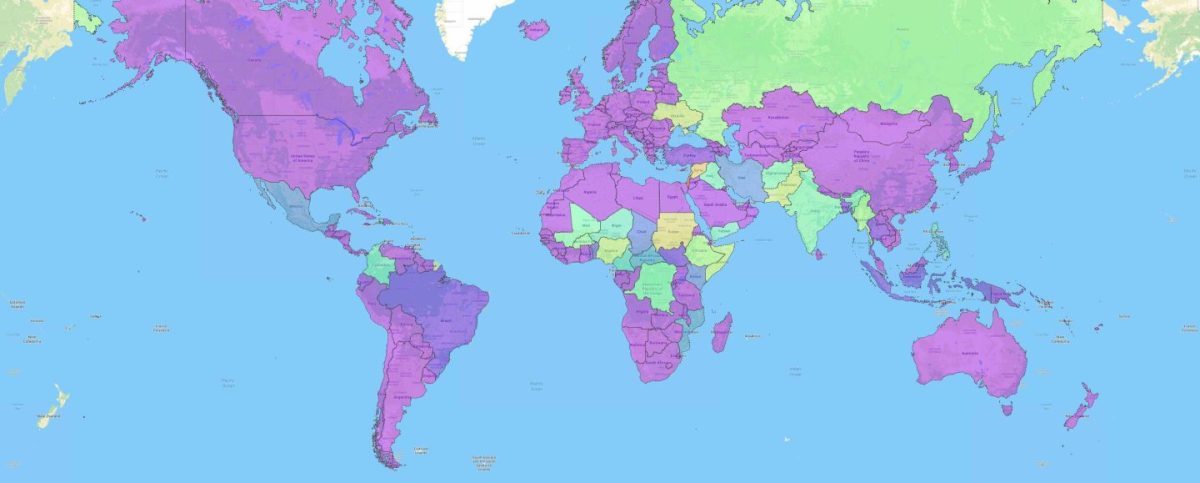
The Violence & Impacts
Early-Warning System
We deliver scalable, data-driven tools to empower decision-makers and humanitarian actors in early and anticipatory action.
Latest Updates
-
Posted on 27 Feb 2026
Featured Member of Climate AI Nordics in February: Paola Vesco
PRIO Senior Researcher Paola Vesco has been highlighted as Climate AI Nordics’ Featured Member for February 2026, recognizing her work at the intersection of armed conflict, climate extremes, and societal vulnerability. In the feature, she discusses her most recent work and broader interest in data-driven approaches for understanding the dynamic links between conflict, governance, and…
-
Posted on 26 Feb 2026
Gaza Mortality Study Gains Wide International Media Coverage
A new peer-reviewed mortality study on Gaza co-authored by VIEWS Director Håvard Hegre has rapidly gained global attention, being picked up by more than 70 news articles in the days following publication. Major international media have highlighted the findings, including The Guardian (front page coverage), The Telegraph, Al Jazeera, Le Monde, Reuters, LBC, Middle East…
-
Posted on 26 Feb 2026
VIEWS Director Interviewed by NRK on New Gaza Mortality Study
VIEWS Director Håvard Hegre was recently interviewed by the Norwegian Broadcasting Corporation (NRK) about his latest research on mortality in Gaza, just published online-first in The Lancet Global Health. The peer-reviewed study, co-authored with six other scholars, estimates that more than 75,000 Palestinians were killed by violence in the first 16 months of the war…
-
Posted on 26 Feb 2026
New Data Release: Forecasts for Feb 2026–Jan 2029
The VIEWS forecasts for state-based armed conflict from January 2026 to December 2028 are now available. The dataset includes country-month forecasts and geo-referenced predictions for Africa and the Middle East, detailing expected direct deaths and probabilities.
Topics: fatalities003
What we Offer
Conflict forecasts
We provide open-access, monthly forecasts of armed conflicts worldwide at both country and sub-national levels, capturing the likelihood, extent and severity of future violence over the next 1-36 months.
impact assessments
We estimate the impact of future conflict events on affected populations, allowing decision-makers and humanitarian actors to stay ahead of emerging crises.
Research infrastructure
We provide an open-access, cutting-edge MLOps pipeline for near real-time forecasting, ensuring robust and reliant service for use across the humanitarian, development, and peace nexus.
Interesting in powering your models on our platform, or incorporating them into the VIEWS EWS? Let’s talk!
global partnerships
We collaborate with leading research institutes, IGOs, INGOs and governments, to develop innovative forecasting solutions that enhance decision-making and empower humanitarian actors to stay ahead of emerging crises.
Schedule a call to learn more on how we assist you and your organization.
Acknowledgements
Host institutions, funding agencies, and partners
VIEWS is co-hosted by the Department of Peace and Conflict Research at Uppsala University and Peace Research Institute Oslo. The research presented on this website is the outcome of projects that has received funding from the European Research Council (ERC) under the European Union’s Horizon 2020 research and innovation programme (Grant agreement No. 694640, ViEWS) and Horizon Europe (Grant agreement No. 101055176, ANTICIPATE; and 101069312, ViEWS (ERC-2022-POC1)), Riksbankens Jubileumsfond (Grant agreement No. M21-0002, Societies at Risk), the United Nations Economic and Social Commission for Western Asia (ViEWS-ESCWA), the United Kingdom Foreign, Commonwealth & Development Office (GSRA – Forecasting Fatalities in Armed Conflict), the Swedish Research Council (DEMSCORE), the Swedish Foundation for Strategic Environmental Research (MISTRA Geopolitics), the Norwegian MFA (Conflict Trends QZA-18/0227), the United Nations High Commissioner for Refugees (the Sahel Predictive Analytics project and Global Mapping of Forecasting Systems), the Norwegian Research Council (UFFAC), and the Complex Risk Analytics Fund (CRAF’d, VIEWS-PIN).

